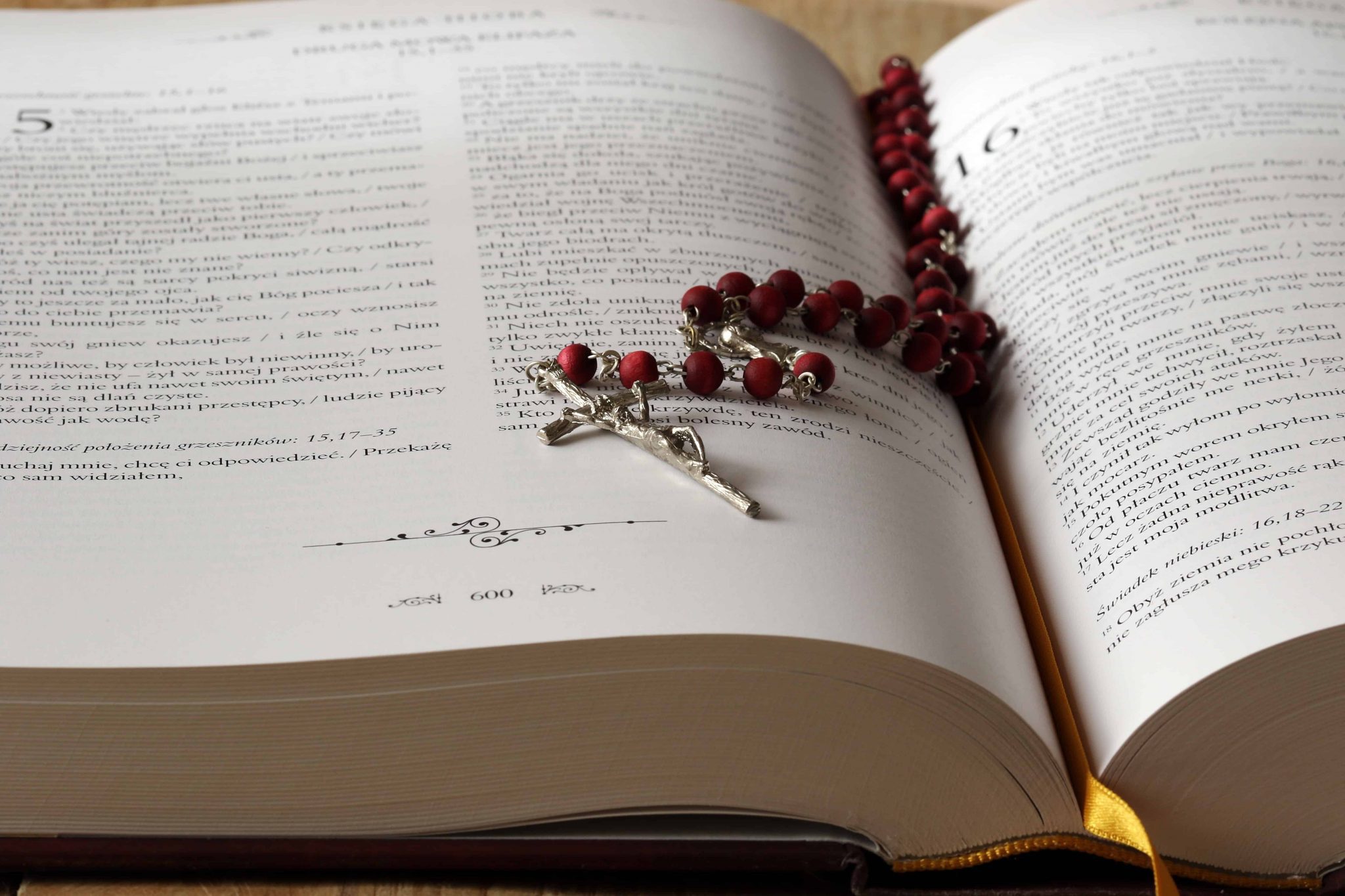Solemnity of the Nativity of the Lord
When the angels had gone from them into heaven, the shepherds said to one another, ‘Let us go to Bethlehem and see this thing that has happened which the Lord has made known to us.’ So they hurried away and found Mary and Joseph, and the baby lying in the manger. When they saw the child they repeated what they had been told about him, and everyone who heard it was astonished at what the shepherds had to say. As for Mary, she treasured all these things and pondered them in her heart. And the shepherds went back glorifying and praising God for all they had heard and seen; it was exactly as they had been told.
Fourth Sunday of Advent
We are accustomed to call the words of the angel Gabriel to Mary ‘the annunciation’. This Sunday’s gospel reading perhaps ought to be called ‘the annunciation to Joseph’. Joseph is in fact the principal actor in the account of the birth of Jesus in the Gospel of Matthew. Like Mary, he too had to listen for the message of God. Like Mary, he too was invited to play his part in the working out of God’s mysterious plan that the Son of God should become man. This gospel reading, just like the annunciation to Mary in the Gospel of Luke, gives us the basis for our belief in the virginal conception of Jesus. Here we find an expression of this mystery in the words of the angel to Joseph: ‘she has conceived what is in her by the Holy Spirit’ (v.20). The Son of God is born among us in an utterly extraordinary way. The role of Mary as ‘virgin mother’ is quite unique, and Joseph has to go against his initial inclinations and make the decision to ‘take his wife to his home’ (verse 24).
In this reading we encounter the first of many verses which Matthew will quote from the Old Testament, declaring that they are ‘fulfilled’. The text read at this Mass from the prophet Isaiah speaks of God’s constant solidarity with the people. The fulfilment of this same text, which is announced by Matthew in the gospel reading, points to something even greater, the extraordinary intervention of God to bring the Son of God into the world.
Third Sunday of Advent
Our gospel reading, like that of last Sunday, focuses on John the Baptist, but his ministry is now at an end. He is in prison, and martyrdom awaits him. Curiously, he seems to have doubts about Jesus being the Messiah. He who was so confident in proclaiming the one who was to come now seems confused. How can we explain John’s uncertainty?
A major feature of the preaching of John the Baptist was the coming of judgement. As we heard in last week’s gospel, John expected the Messiah to bring retribution, to separate the chaff from the wheat and to consign the chaff to fire. John must learn that the way of Jesus is different: he brings healing and life, and good news for all.
This gospel reading has a powerful message for us. If it was indeed difficult for John to come to terms with the gospel of mercy, it may well be difficult for us to come to terms with the extraordinary love of God, who offers forgiveness to all. The gospel challenges us to accept in our minds and hearts that the Son of God brings forgiveness, and that the only thing which can deny us salvation and eternal life is our own refusal to be forgiven and loved. The one who is least in the kingdom of heaven knows this, and is ‘greater than John.
Second Sunday of Advent
On the second Sunday of Advent we are introduced to another great Advent figure, John the Baptist. Matthew has him preach, like Jesus, about the coming of the kingdom of heaven. His preaching fulfils the words found in the prophet Isaiah about ‘a voice crying in the wilderness’.
John is dressed like a prophet and lives in the wilderness. Those who come to him receive a baptism of repentance for their sins. John fiercely attacks those who have relied on their status and their traditions for their salvation. They have relied on being ‘children of Abraham’ and have become complacent. For John, the love of God is not limited to the chosen race, and all men and women are called to produce good fruit.
John’s principal task is to point to the ‘one who follows me’. This one is more powerful and will bring a new baptism, in the Holy Spirit. With the preaching of John the Baptist, the liturgy is preparing us for the coming of Christ.
